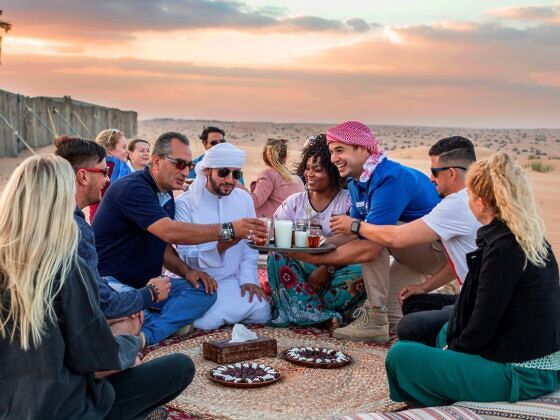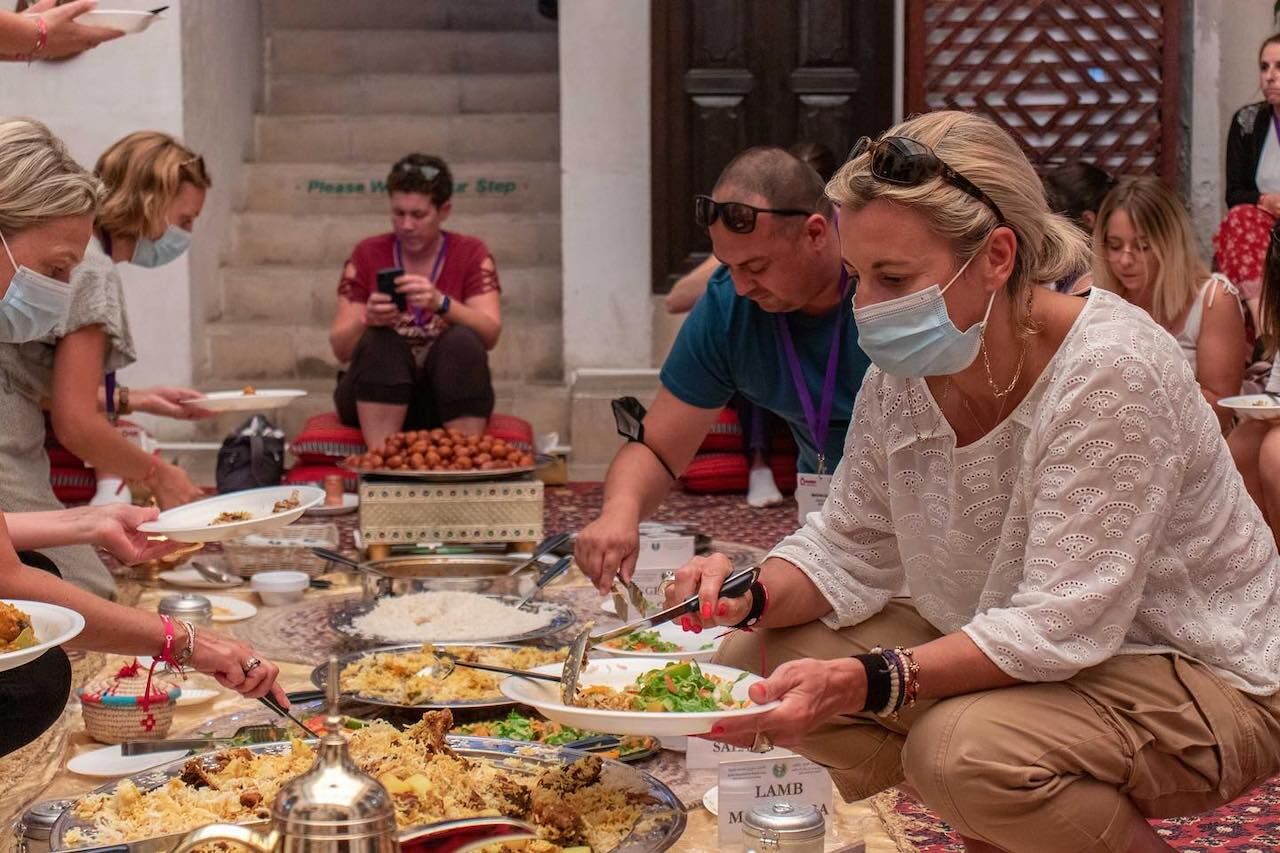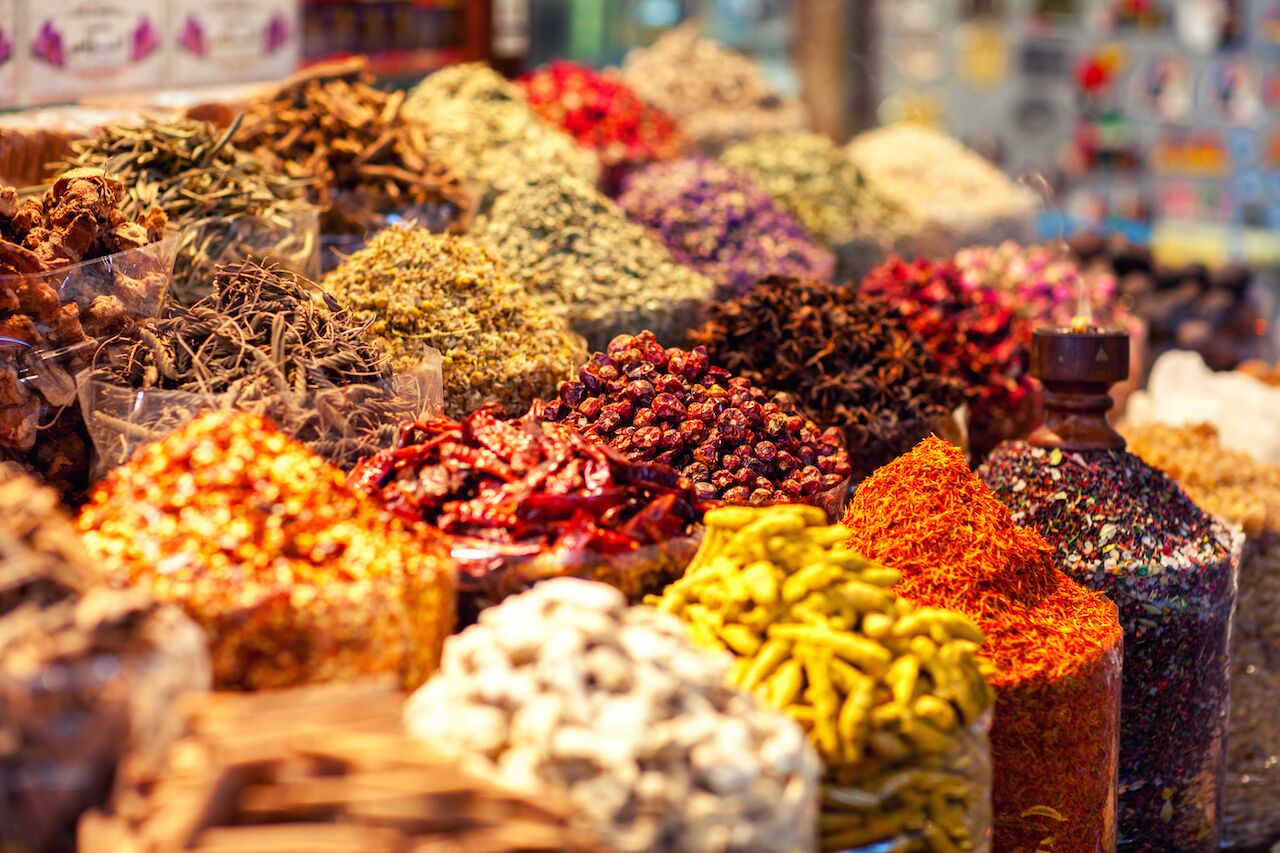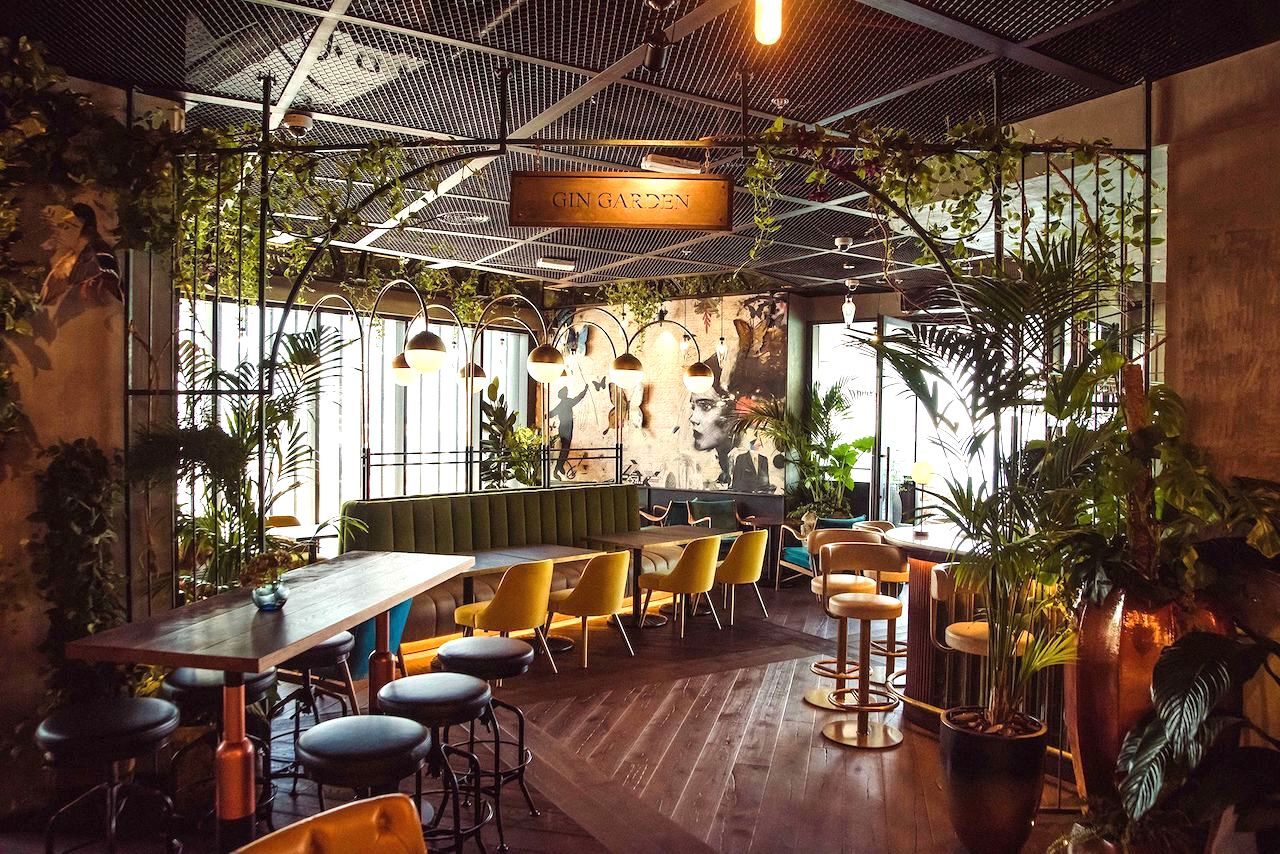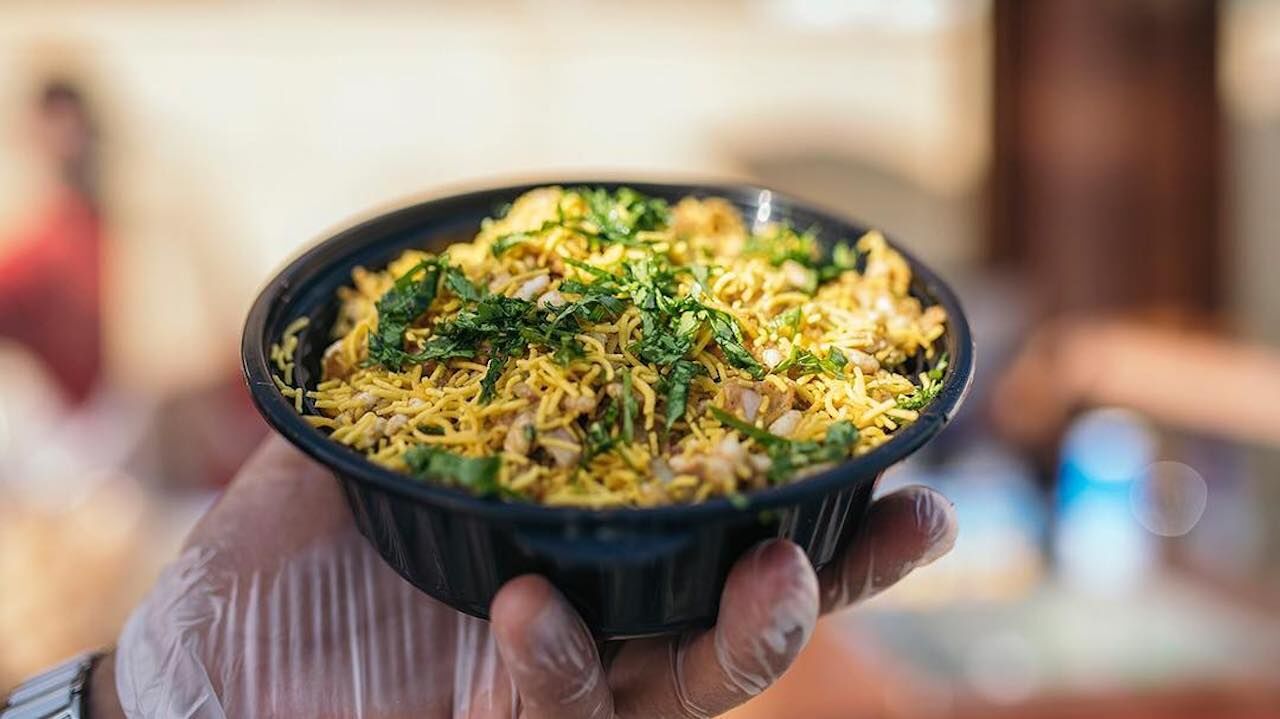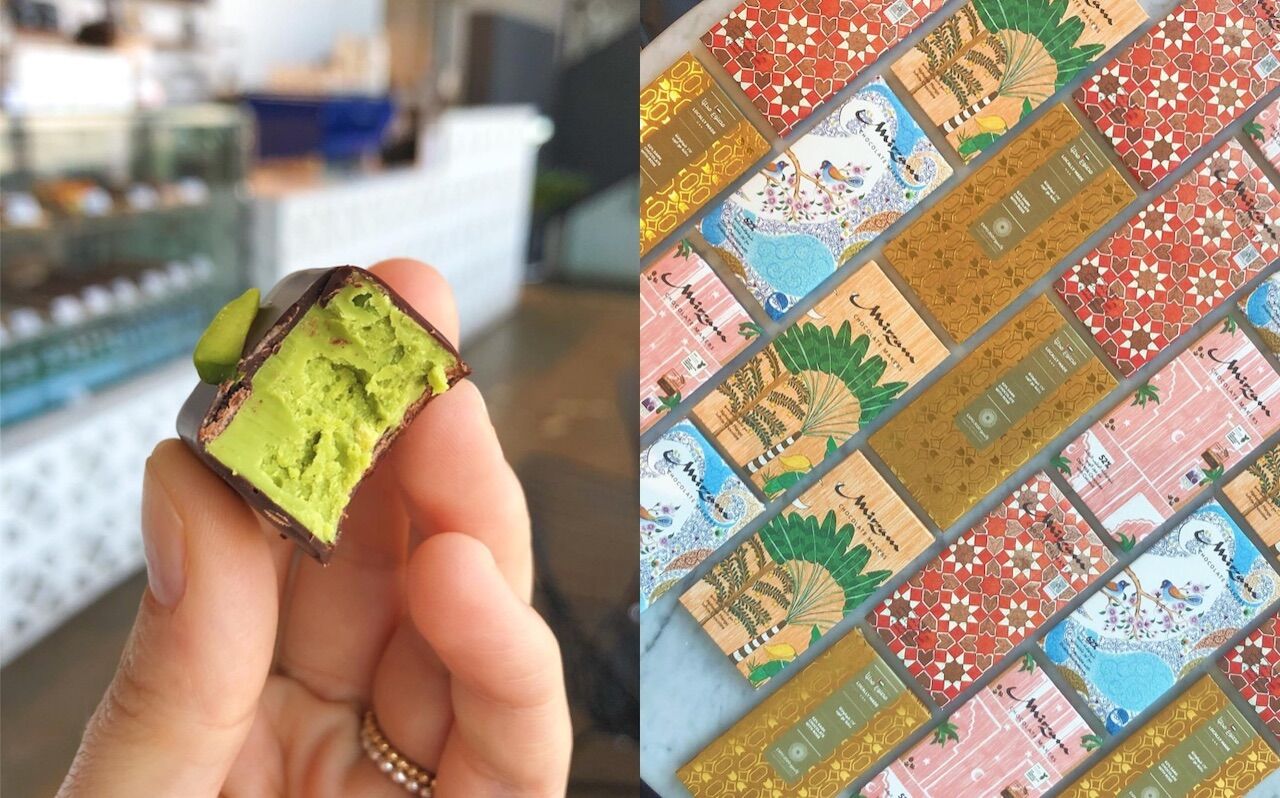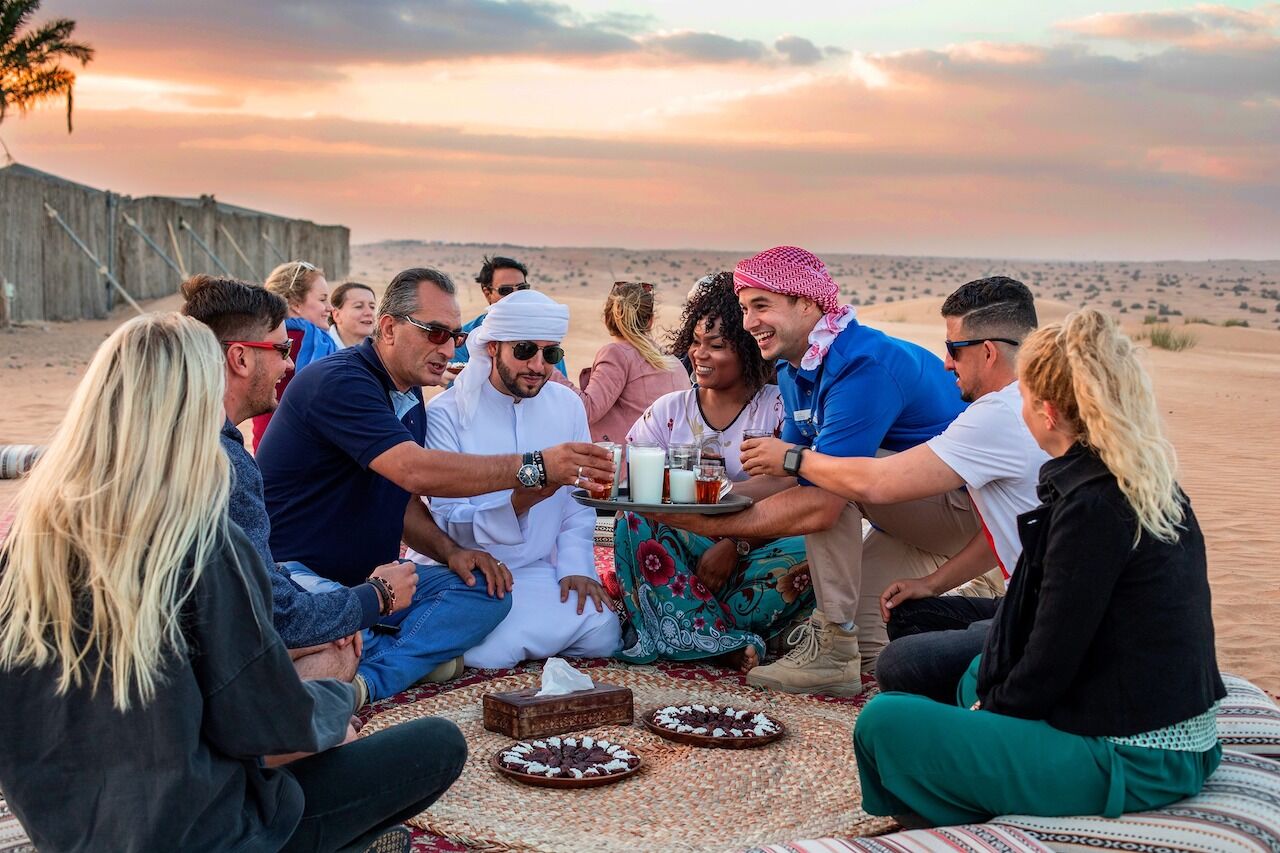Roughly 3.5 million people live in Dubai, of which only an estimated 15 percent are Emirati. It’s fitting that a city on a perpetual quest to shatter records would harbor one of the most diverse populations in the world, at once housing the tallest building on Earth and a society comprised of expats from every corner of the globe.
More than its high rises, theme parks, and artificial islands, this multiculturalism is what makes Dubai shine. Nowhere is this more obvious than in Dubai’s food culture, from its markets to its restaurants to its heritage centers. These six experiences evidence just that, blending culture and food in celebration of the city’s international influences.
